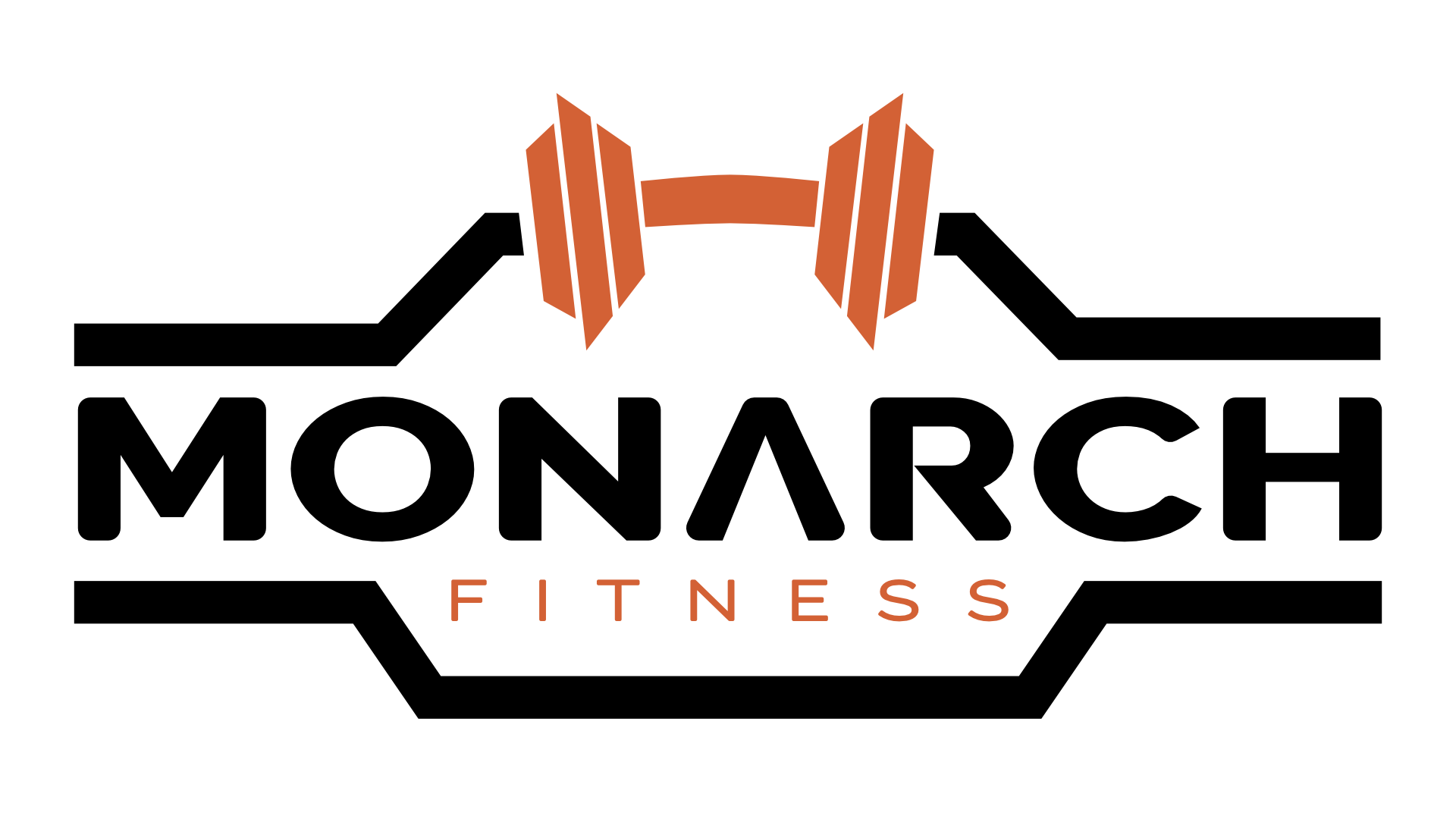Be Good, Not Perfect: The Art of Sustainable Fitness and Nutrition
Be Good, Not Perfect: The Art of Sustainable Fitness and Nutrition
In a world obsessed with flawless bodies, perfect diets, and the relentless pursuit of peak performance, it’s easy to feel like anything less than perfection is failure. Many people embark on fitness and nutrition journeys with an all-or-nothing mindset – either they follow their diet flawlessly, hit every workout, and track every calorie, or they fall off the wagon completely. But what if the key to long-term success isn’t perfection, but consistency?
This is where the Japanese philosophy of Wabi-sabi offers a refreshing perspective. Wabi-sabi is a worldview that embraces imperfection, impermanence, and the beauty of things that are incomplete. It teaches us to find appreciation in flaws rather than fight against them. Applying this to fitness and nutrition can help us cultivate a sustainable, fulfilling approach to health – one that focuses on being good rather than perfect.
The Problem with Perfectionism in Fitness and Nutrition:
Perfectionism often leads to an unsustainable cycle of extremes. People who set rigid standards – never missing a workout, avoiding all “bad” foods, or striving for an ideal body – often struggle with:
1. Burnout – Extreme regimens are difficult to maintain. The moment life gets busy, motivation wanes, or exhaustion sets in, these strict habits become overwhelming.
2. Guilt and Shame – A single missed workout or an indulgent meal can feel like failure, leading to guilt and self-criticism.
3. The “All-or-Nothing” Trap – Many people swing between being “all in” on their health goals and completely giving up when they can’t meet their high expectations.
This approach is not only mentally exhausting but also counterproductive. Research has shown that self-compassion is a key factor in long-term behaviour change. A study published in Self and Identity found that individuals who practiced self-compassion were more likely to sustain their goals and make positive changes, compared to those driven by self-criticism (Breines & Chen, 2012).
Wabi-Sabi and the Beauty of Imperfect Progress:
Wabi-sabi, rooted in Zen Buddhism, encourages us to embrace life’s imperfections, accept change, and find beauty in what is. Instead of aiming for flawlessness, we learn to value progress, adaptability, and the uniqueness of our individual journey.
How Wabi-Sabi Applies to Fitness and Nutrition:
1. Imperfection is Part of the Process
Just as a handmade ceramic bowl with slight asymmetry is considered more beautiful in Wabi-sabi than a perfectly manufactured one, our fitness and nutrition journeys are enriched by imperfections. A skipped workout, an unplanned indulgence, or a slower-than-expected progress curve does not erase the value of our efforts.
2. Sustainability Over Perfection
A perfect diet that lasts two weeks is far less valuable than a balanced approach that lasts a lifetime. Instead of rigid meal plans, consider the 80/20 rule – where 80% of your choices align with your goals, and 20% allow for flexibility. This not only prevents burnout but also supports long-term success.
3. Adaptability Over Rigidity
Life is fluid and so should be our approach to health. Injuries, work stress, social events, and changing priorities will inevitably affect our routines. Instead of seeing deviations as failures, Wabi-sabi encourages us to adjust gracefully. Maybe today’s workout isn’t an intense gym session but a walk in nature. Maybe an unexpected dinner out means savouring the meal rather than obsessing over macros.
4. Self-Compassion as a Strength
The more we accept our imperfections, the more resilient we become. According to research in Health Psychology Open, individuals who show themselves compassion during setbacks are more likely to stay motivated and committed to their health goals (Sirois, 2015). By embracing Wabi-sabi, we shift our mindset from “I failed” to “I am learning.”
Practical Ways to Apply Wabi-Sabi to Your Health Journey
- Let Go of the “Perfect Body” Ideal – Instead of chasing unrealistic standards, focus on what your body can do and how you feel. Strength, energy, and confidence are better markers of progress than a number on the scale.
- Celebrate Small Wins – Rather than fixating on massive transformations, appreciate the small, daily victories – drinking more water, getting extra steps in, or choosing nourishing meals.
- Make Fitness and Nutrition Enjoyable – Find workouts that bring you joy instead of forcing yourself through routines you hate. Eat foods that nourish and satisfy rather than following restrictive plans.
- Forgive Slip-Ups and Keep Going – If you overindulge or miss a workout, acknowledge it without guilt and move forward. One choice does not define your entire journey.
Conclusion: The Beauty of Being Good Enough
By embracing Wabi-sabi in fitness and nutrition, we can break free from the toxic cycle of perfectionism and instead develop a sustainable, enjoyable relationship with our health. Progress is never linear, and imperfections are not setbacks – they are simply part of the path.
Rather than striving to be perfect, strive to be consistent. Rather than aiming for flawlessness, aim for balance. After all, the most beautiful transformations come not from rigid perfection, but from the ability to embrace imperfection and keep moving forward.
References:
Breines, J. G., & Chen, S. (2012). Self-compassion increases self-improvement motivation. Self and Identity, 11(4), 433-453.
Sirois, F. M. (2015). A self-compassion and self-regulation perspective on weight goals and health behaviors. Health Psychology Open, 2(1), 205510291559069.



